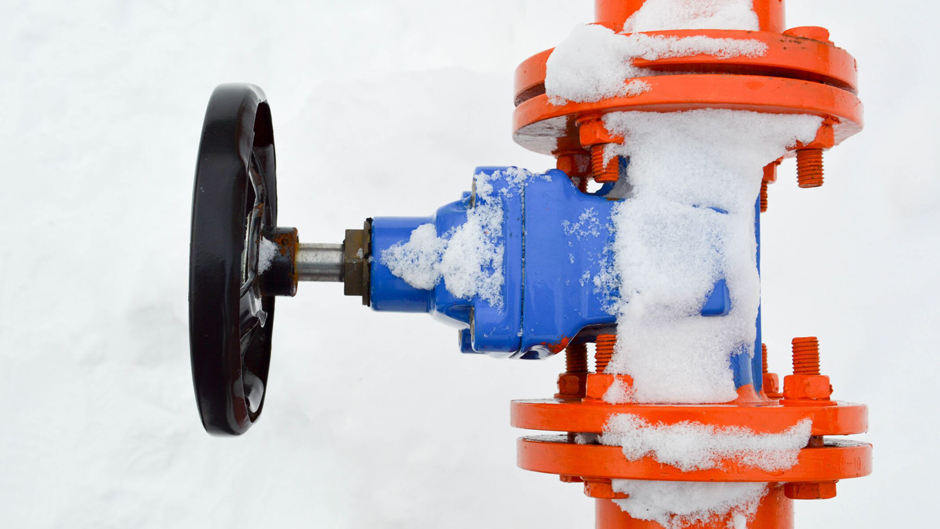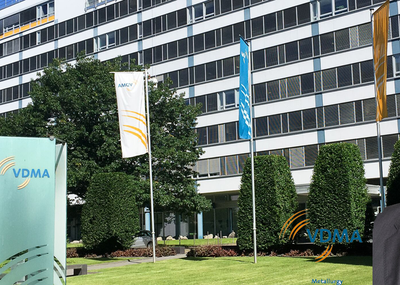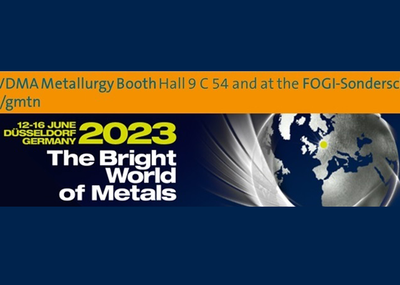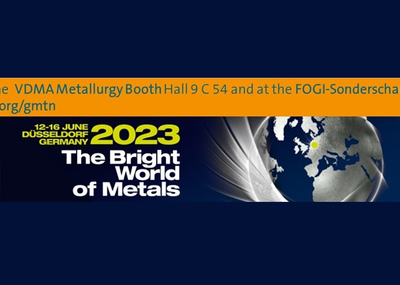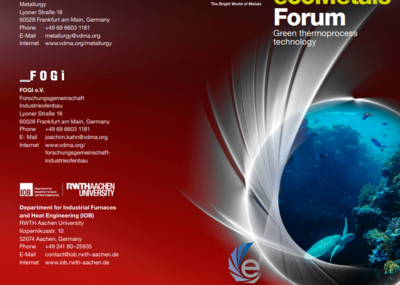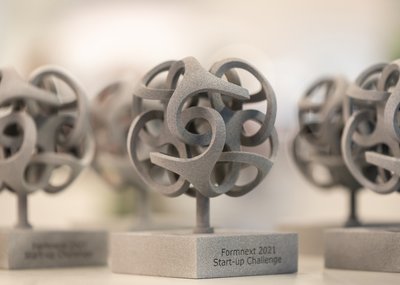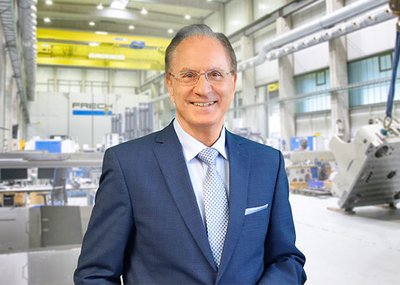"Saving or replacing gas in industrial processes can only be done with the help of technologies from mechanical and plant engineering," says Matthias Zelinger, Head of Climate & Energy at VDMA. "That's why gas burners in industrial furnaces and heat processes are currently being modified throughout the country, control systems are being reprogrammed, and equipment for gas mixing is being installed." Especially the conversion of processes to other energy sources - especially oil, propane-butane gas, biogas, and electricity - is in demand in the short term to reduce dependence on natural gas. "This applies to energy-intensive customer groups, but also to the engineering industry itself. On average, our industry is not a large consumer. But gas is used in crucial production steps, which is why the willingness to invest is also high," explains Zelinger.
„The task has by no means been mastered yet. It is true that many machine and plant manufacturers can probably cope with a short-term reduction of 20 to 40 percent in the amount of gas supplied to them. But a longer gas rationing would still cause considerable difficulties for many companies, despite their willingness to invest. Bottlenecks lie primarily in the availability of components.“
Matthias Zelinger, Head of Climate & Energy at VDMA
However, this should not keep us from realizing the fact that companies are facing considerable burdens on their cost structure due to rising energy prices and the upcoming gas levy. Mechanical and plant engineering is often affected by production processes involving heat: without thermal treatment, for example, there are no hardened gears and thus no gearboxes for wind turbines or harvesters. The same also applies to durable coatings, stress-free castings and many other products and processes. In the medium term, there is considerable potential for savings through more waste heat utilization, but this requires more planning and tends to be used more gradually.
Longer gas rationing threatens supply chains
The VDMA energy expert warns: "The task has by no means been mastered yet. It is true that many machine and plant manufacturers can probably cope with a short-term reduction of 20 to 40 percent in the amount of gas supplied to them. But a longer gas rationing would still cause considerable difficulties for many companies, despite their willingness to invest. Bottlenecks lie primarily in the availability of components. In addition, there is the high capacity utilization of specialized mechanical engineering companies, whose capacities cannot be easily increased." For this year there is still a threat that many supply chains will break if gas volumes are reduced for a longer period - by 50 percent, for example. "Our own investments are one thing, the implementation and the ability of our suppliers to deliver, for example from the steel, semiconductor or chemical industries, is another," says Zelinger.
Flexible rules needed at the workplace
According to the VDMA, other significant challenges lie on the regulatory side. Fuel changes often require new plant permits. "Although the federal government is showing maximum flexibility here, this has not yet been implemented everywhere in regional authorities and is sometimes associated with legal risks for companies." In addition, there are issues surrounding workplace temperatures; clear regulations for workplaces apply here. Many companies are in talks with employees about this, but in the end there will be little savings without more flexible rules. "Space heating is one of the biggest gas consumers in the industry, so quick solutions are needed," the VDMA energy expert demands.

